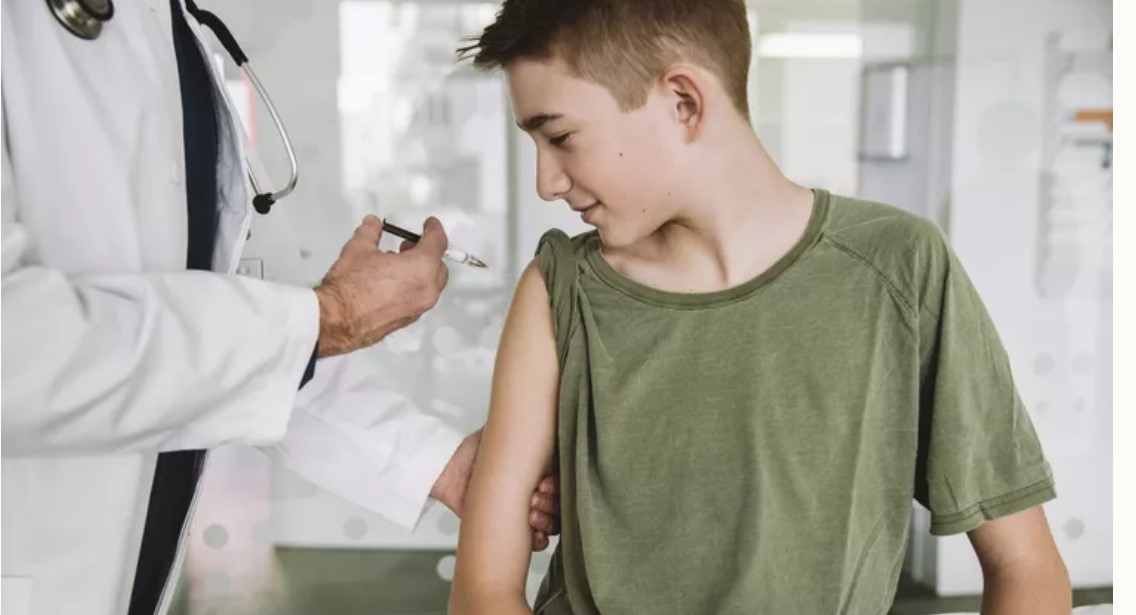Calls for Ukraine
Calls for Europe
Calls for USA

This virus not only causes cervical cancer, it is the culprit behind many other cancers.
If scientists told you that there was a cancer vaccine that could rid your child of not one, but six types of cancer? Surely you would jump at the chance?
But such a vaccine already exists – it’s a shot against the human papillomavirus (HPV), an extremely widespread sexually transmitted infection that can cause many types of cancer. Each year, HPV causes more than 21,000 cancers in women and 16,000 cancers in men.
But despite evidence of the vaccine’s effectiveness, many parents continue to be suspicious of it. The roots of their fears are complex, and doctors need to play a more active role in getting rid of them.
HPV vaccinations are typically given to prevent cervical cancer in women. However, a new study presented recently at a major oncology congress supports the idea that these vaccinations benefit men as well.
Researchers examined the electronic medical records of people who were or were not vaccinated against HPV between 2010 and 2023 and found that vaccination reduced men’s risk of developing any HPV-related cancer by 54%, with a 56% reduction in the risk of developing head and neck cancer.
We have been aware of the benefits of these vaccinations for girls for a long time. Enough time has passed since their availability to show that they almost completely prevent cervical cancer. They work so well that Australia believes they can eradicate the disease by 2035. And last year, data from Scotland showed zero cases of cancer (that’s right, zero cases) among those women who were vaccinated between the ages of 12 and 13.
But HPV causes more than just cervical cancer. It is the culprit behind most cancers of the penis, anus, vagina and vulva, as well as a growing number of head and neck tumors. The number of oral cancer cases has already surpassed the number of cervical cancers – and most of them are reported in men. And while overall cancer deaths in the U.S. are steadily declining, deaths from HPV-associated oral cancer continue to rise by 2% per year.
The scientists who conducted this study believe the result is a sobering and encouraging message for parents of boys.
Please rate the work of MedTour
